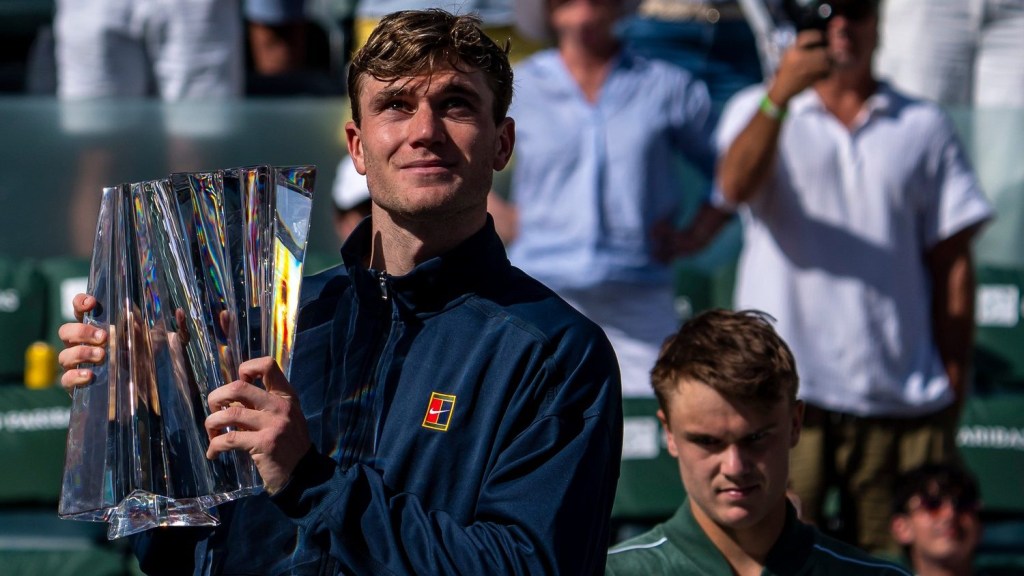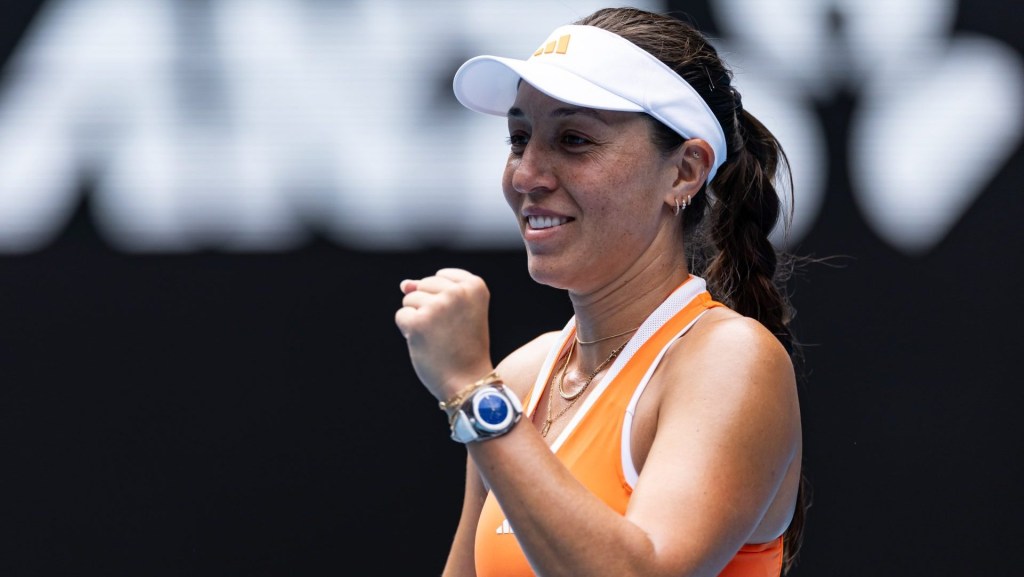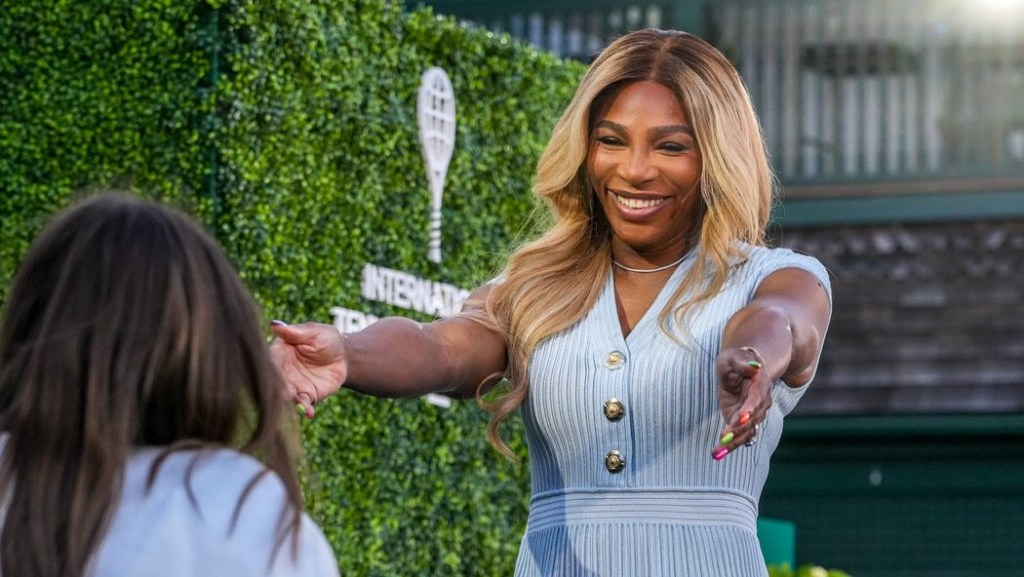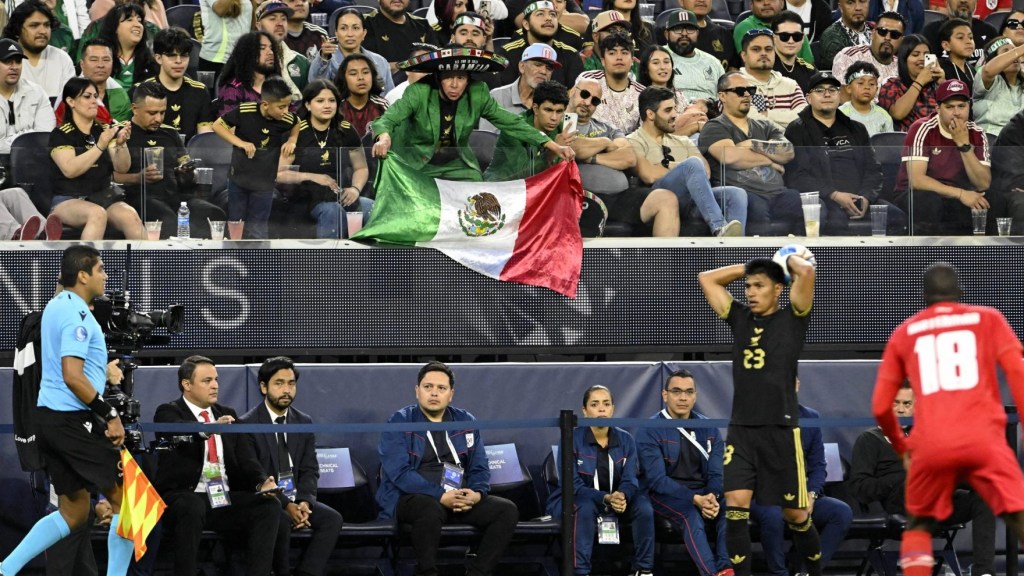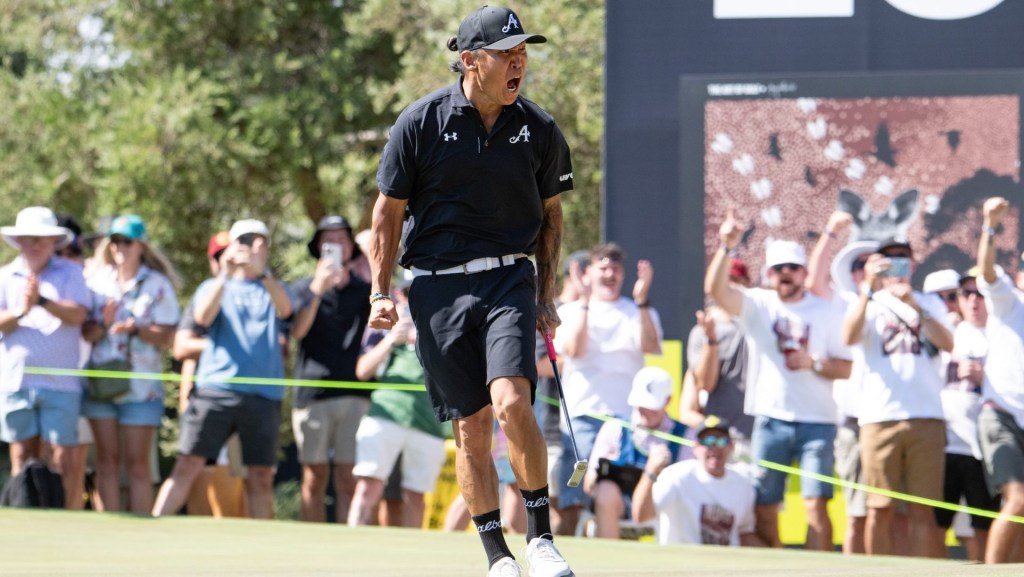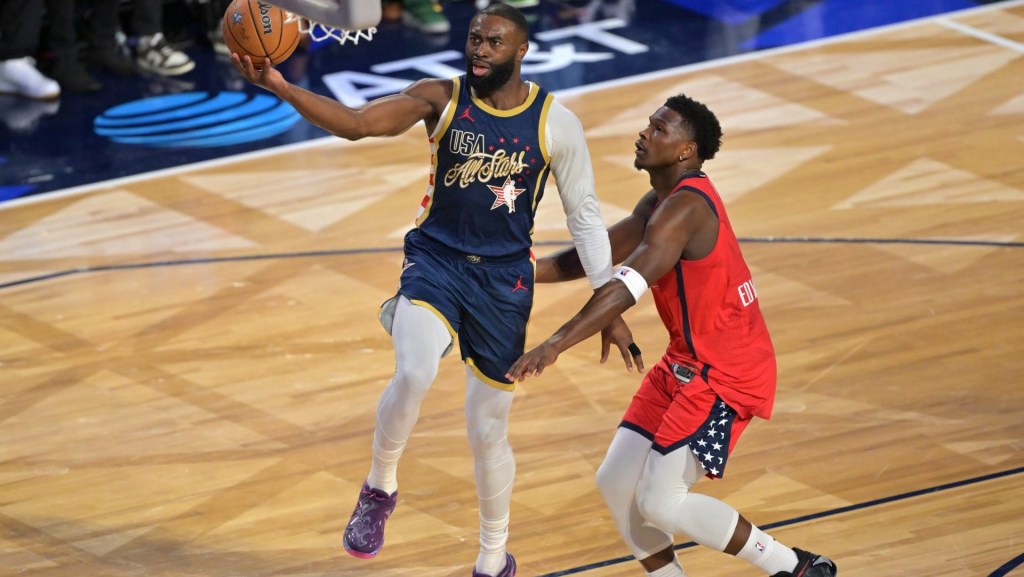Before last year’s Masters, Will Zalatoris was a relative unknown in mainstream sports. That weekend, he had a career breakout, finishing as the runner-up and one stroke short of catching Hideki Matsuyama for the green jacket.
Zalatoris followed that up with a T-8 finish at the PGA Championship at Kiawah, eventually earning PGA Tour Rookie of the Year honors for the 2020-21 season. The 25-year-old is currently No. 29 in the Official World Golf Ranking and No. 22 in the FedEx Cup standings.
He’s had three top-six finishes since the calendar turned to 2022 but is still chasing his first Tour win.
This year, Zalatoris has teamed up with IBM to promote the company’s 25th season partnering with the tournament. IBM provides insights to players, as well as fans through the Masters Fantasy Game in the Masters app.
FOS sat down with Zalatoris to talk about being part of the PGA’s youth movement, his sudden rise to fame, and how he wants to improve at this year’s Masters.
When did you first realize you could make a career as a pro golfer?
I was fortunate enough to play a lot of golf with Scottie Scheffler and Jordan [Spieth] all the way through junior golf. I qualified for U.S. Junior when I was 12, and I saw Jordan win the U.S. Junior when he was 15. Seeing the success of all the guys around me made me better.
I knew that I wanted to play professional golf my entire life, but I really knew that I could be where I’m at today once I made a Walker Cup team and played with the best players in the world. That was a big turning point for me.
Seeing Jordan set the bar at such a young age — and then obviously Scottie and I have been playing together literally since we were nine — I knew that if we kept doing what we were doing, we were gonna be here today. So this has been on my horizon for a long time. It’s obviously pretty fun to do it when you’ve got friends that are out there with you. We’ve pushed each other at every level, going from junior to professional golf, so hopefully we’ll keep doing that.
What’s it like being part of this huge wave of young talent on the Tour right now?
I think from the outside looking in, a lot of people are like, “Man, this is amazing. These guys are doing it this young.” And I think you really have to blame Tiger [Woods] for that. Because we’ve watched Tiger dominate from when he was 21 to when he won the Masters at 40-plus. So seeing him come out and dominate at a young age, it really set the bar for us, especially when it comes to the Masters.
Obviously, I made my run last year. We’ve seen Jordan play well there basically every year. I think seeing someone that you’ve grown up with have success at the highest level only gives you confidence that you can do it, too.
In your first career Masters start, you held on to second place for the last three rounds. How did you keep your cool with that kind of pressure?
The part that I find so funny is that people ask me, “Oh, man, how’d you handle that pressure?” and I answer, “I’ve got nothing to lose.” As a golfer, your life goal is to win a major. Every kid who pretends that they’re making a putt to win a tournament — it’s usually to win the Masters.
I put myself in that situation last year and thought, “I did the hard part, I got here. Why shy away from it now?” I was five or six back, and I just had to go make birdies. It’s as simple as that. I’ve got nothing to lose here. I want to win a green jacket. Finishing second means as much as finishing 30th.
I tried to enjoy the moment as much as I possibly could early in the week and then just got back to business. It didn’t matter to me — and still doesn’t — whether I finished second or last after making a cut, or whatever. The job is to go out and try to win a green jacket. And so I think that attitude is actually very freeing.
What about Augusta National plays to your strengths?
This goes for tough golf courses in general: Of course everyone talks about how tough the greens are, and how fast and how undulating they are, but hitting them in the correct spots and giving yourself the most opportunities makes it so much easier.
Learning where you can and can’t miss, depending on certain pin locations, favors good ball-strikers. So the fact that I am a very good ball-striker, I’m going to have better looks more often than an average ball-striker. And it’s not about proximity, it’s just about missing it in the correct spots.
Last year, I made sure to try to give myself as many looks as I could. The putter got hot a few days, and it paid off. So just making sure I don’t stymie myself from the middle of the fairway is really important.
What, if anything, are you going to do differently this time around?
Last year, I thought I did a really nice job on all the other holes with the exception of 13. I need to play that hole a minimum of two-under or better. I made a couple of really nice up-and-downs the last day, especially coming down the stretch. But I think the biggest thing for me is to play the par-fives a little bit better. I played 15 great, but I think playing 2 and 13 a little bit better is going to be important.
How do you ignore your early successes and focus on the task at hand?
Looking at the macro instead of the micro. My job every week is to get better at my game and not getting lost with trying to win this tournament, or trying to get this award, or this ranking. I know that if I improve on the things that I’ve been trying to improve on over the past year, the sky’s the limit. Looking at it as more of a process instead of results is what will carry me to getting my first win, and hopefully my first major.
How would you describe the growing pains of the PGA Tour?
Last year before the Masters, I had general anonymity when it came to golf. Diehard golf fans knew who I was, but the average golf fan really didn’t. And then after that week, I go from being the guy who’s teeing off last of each wave on Thursday and Friday, to the very next week at Bay Hill playing with DJ [Dustin Johnson] and Billy Horschel. I’m getting paired with Rosie [Justin Rose] and DJ at the British [Open]. And I love that. I love playing with the best players in the world — they make me play better.
I think if anything, it was just the fact that it was so fast. I had to appreciate going from being a top-50 player in the world to suddenly being a household golf name, if you will. There’s some growing pains, but at the same time, that just comes with the territory of the things that I want to accomplish in this game.
It took me a little bit of time to get used to it. I went from people not really knowing who I am, to People magazine picking up my engagement. That one to me was like, “Man, I haven’t won anything yet, what’s the big deal? Why are people suddenly interested in who I am?”
What are your goals for the 2022 season?
I think getting my first win would be awesome. I’ve been trending in the right direction since the start of the calendar year. I had a nice offseason, put on some weight. Of course, my career goal is to win a major, but you’ve got to focus on what you’re doing and not try to overwork toward one specific goal. I thought last year after the Masters, I did a really poor job pressing to try to get that first win, as opposed to letting it come to me.
I’ve only really been in contention once so far this year, but my bad days have gotten better. The good days are still there, but I think it’s just making the bad days a little bit better. It’s something I admire most about the top players in the world.
DJ at The Players was a prime example. He was out of it the first couple of days, and all of a sudden he shoots 63 and finishes in the top 10. That’s what makes you a world-class golfer — consistency.
So I try to take a page out of their book, where even in a week where they’re kind of off, they still have great weekends and make the most of it. Basically, don’t let one bad day turn into a bad week.
You teamed up with IBM this year. Can you describe some of their innovations for the season?
IBM is taking 120,000 shots over the last six years to create scoring predictions. IBM Watson has analyzed over 3 million articles to give insight into players, which you’ll see in the Masters app this year.
Last year, I used the app before every round to see how holes were playing. If the technology ever helps with stuff like club selection, sign me up — that’s gonna take some stress off of me and my caddie, that’s for sure.
There’s also the fantasy side of things, which is going to help fans. Maybe they didn’t know who Will Zalatoris was in 2021. This insight can help them find this year’s guy for their fantasy lineups. I’m a big stats guy, so even as a player, I’m looking at it, too.
Do you ever consider picking yourself for the Masters Fantasy game?
[laughs] I wish I could, but we can’t do any of the fantasy stuff because it’d be a little bit of a conflict. But of course, selfishly, I’d want to pick myself every week.
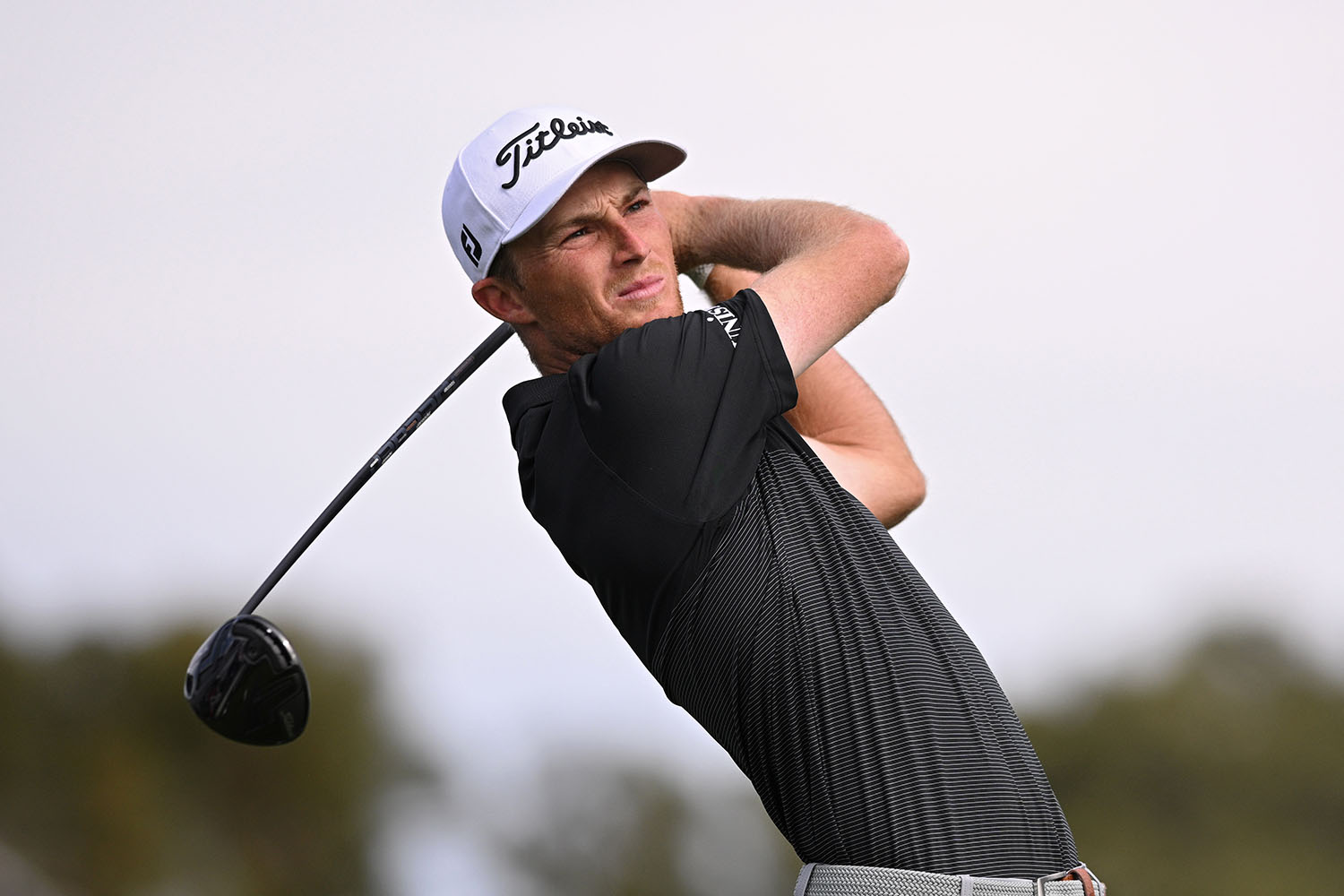
![[Subscription Customers Only] Jun 15, 2025; Seattle, Washington, USA; Botafogo owner John Textor inside the stadium before the match during a group stage match of the 2025 FIFA Club World Cup at Lumen Field.](https://frontofficesports.com/wp-content/uploads/2026/02/USATSI_26465842_168416386_lowres-scaled.jpg?quality=100&w=1024)
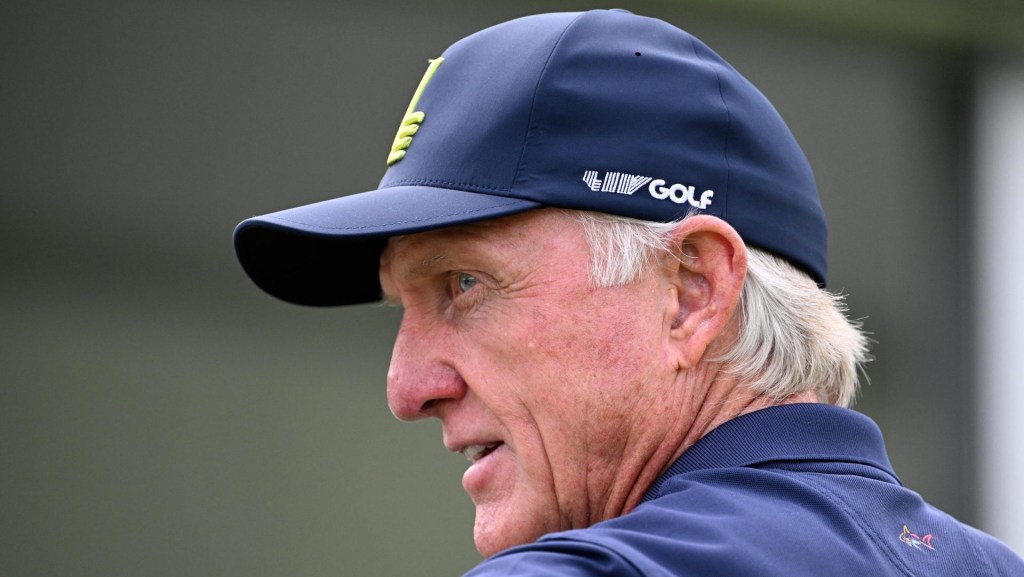
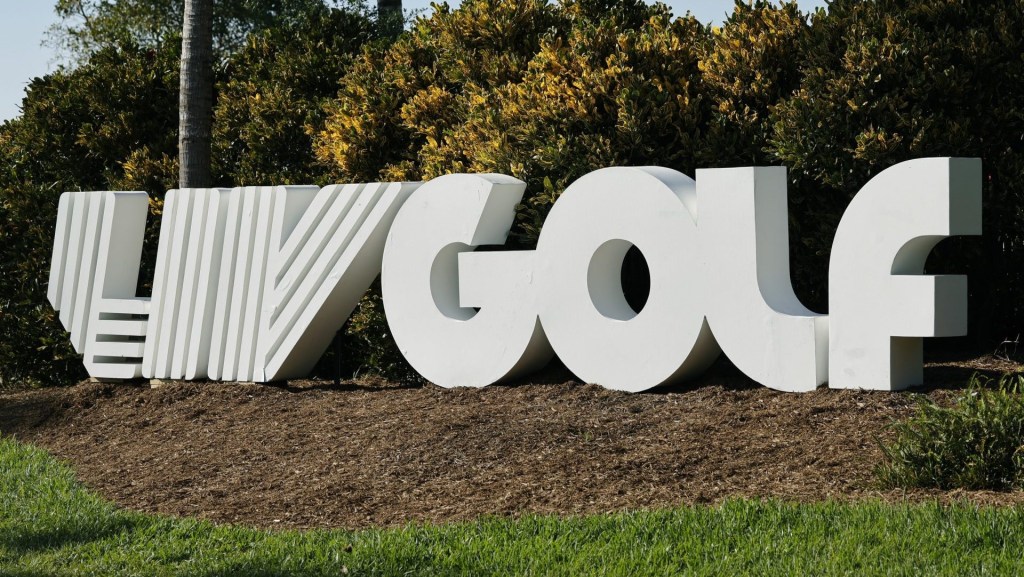
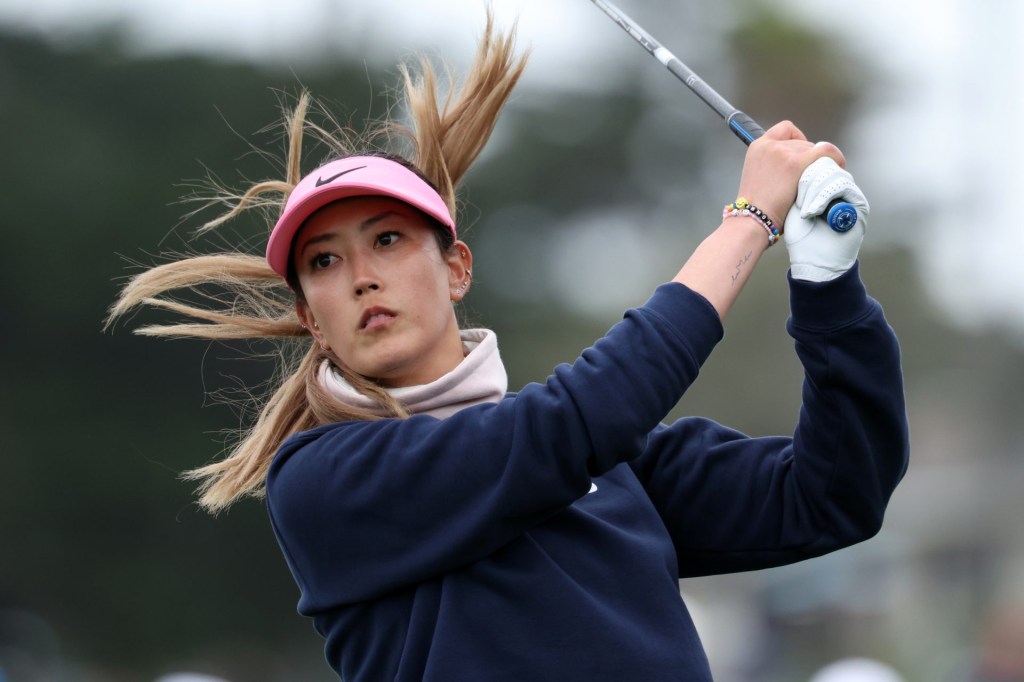
![[Subscription Customers Only] Jul 13, 2025; East Rutherford, New Jersey, USA; Chelsea FC midfielder Cole Palmer (10) celebrates winning the final of the 2025 FIFA Club World Cup at MetLife Stadium](https://frontofficesports.com/wp-content/uploads/2026/02/USATSI_26636703-scaled-e1770932227605.jpg?quality=100&w=1024)




